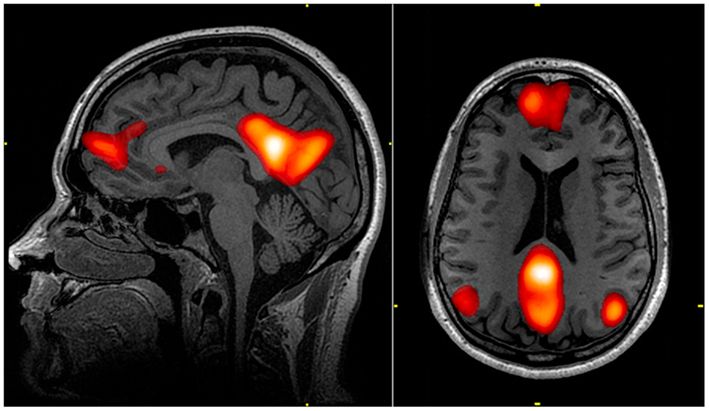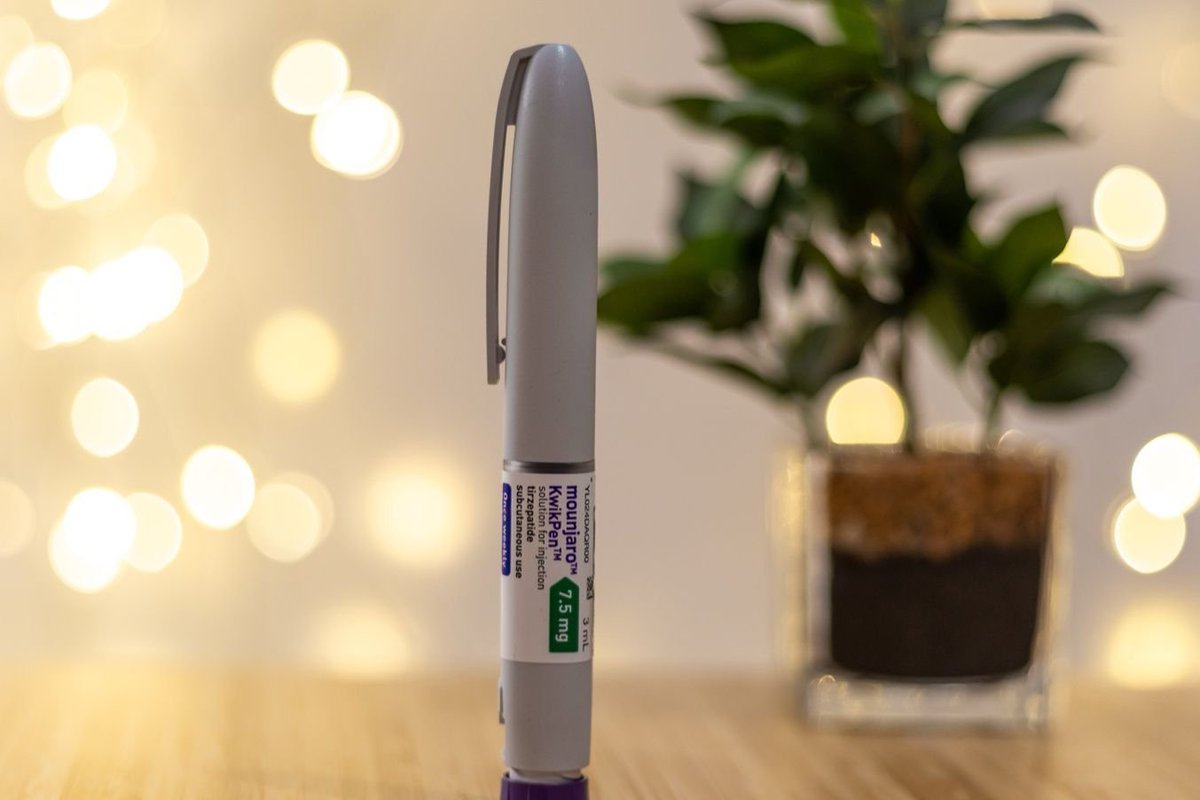Every week, I see a new study talking about this or that effect of GLP-1 receptor agonists like #ozempic. FINALLY, we have a study evaluating all the outcomes (good and bad) in one dataset. There are some... surprises. 🧵 

Kudos to @zalaly for this analysis, appearing in @NatureMedicine.
You can find the primary source here: buff.ly/4jm6iqC
And my (more in depth) @medscape column here: buff.ly/4gZtbyu
(Or stick with me on this thread).
You can find the primary source here: buff.ly/4jm6iqC
And my (more in depth) @medscape column here: buff.ly/4gZtbyu
(Or stick with me on this thread).

@zalaly @NatureMedicine @Medscape This is discovery research. It's a shotgun approach to linking the exposure of interest (GLP1ra) to a slew of outcomes. Think the search for extra-terrestrial intelligence. You can point a telescope at some interesting planet or you can listen to the entire sky at once. 

@zalaly @NatureMedicine @Medscape Discovery research (as opposed to traditional hypothesis-driven research) looks at the whole sky at once. Or in this case, the whole constellation of medical outcomes. 175 of them, actually, across 12 domains. You need a LOT of data to do this. 

@zalaly @NatureMedicine @Medscape Enter the Veterans Affairs health system with its awesome integrated medical record (not to mention universal prescription coverage which removes some of the socio-economic biases from this type of analysis). Ziyad and crew identified over 200,000 new users of GLP1s in the data.
@zalaly @NatureMedicine @Medscape They restricted to people with diabetes as (until recently) the drugs were not approved outside of that indication. As controls? New users of SGLT-2 inhibitors, DPP4is, sulfonylureas. And a group of more than 1 million people with diabetes who didn't initiate any new drug. 

@zalaly @NatureMedicine @Medscape You know I love a good positive and negative control. So to prove their data structure was accurate, they looked at whether GLP1s led to weight loss (they did), and if they had an effect on traffic accidents (they didn't) - both as expected. 

@zalaly @NatureMedicine @Medscape If we're convinced the data structure is ok, we can look at the 173 other interesting outcomes. Do you want the good news or the bad news? 

@zalaly @NatureMedicine @Medscape Let's start with the good news. GLP1ras were associated with protean benefits (in addition to weight loss): less infection, less schizophrenia, less suicide, less lung disease, less alcohol use disorder, less acute kidney injury (#blesstheirhearts). 

@zalaly @NatureMedicine @Medscape There wasn't a single one of those 12 systems that didn't see some type of improvement. Crazy. 

@zalaly @NatureMedicine @Medscape OK bad news. (But it's not that bad). The drugs did increase the risk of some things: mostly GI stuff (nausea / vomiting - we knew that). But some surprises. More kidney stones (!), more musculoskeletal pain. 

@zalaly @NatureMedicine @Medscape Bad outcomes by system. There's some stuff, but, honestly, compared to the potential benefits these drugs come out looking like superstars. 

@zalaly @NatureMedicine @Medscape I've said this before, but as more data comes in I become more convinced that we may look back on these drugs as the greatest medical breakthrough of the 21st century. I'm serious.
@zalaly @NatureMedicine @Medscape These drugs seem to be anti-consumption agents. Not just for food. For drugs, for cigarettes, for risky behaviors. They are essentially he antidote to the central issue of our time: over-consumption.
@zalaly @NatureMedicine @Medscape Or put it this way. The four biggest contributors to chronic disease in the US are obesity, smoking, alcohol, and physical inactivity. These drugs have a substantial impact on the first three of that list. (And I wouldn't be surprised if they improve #4 as well).
@zalaly @NatureMedicine @Medscape Of course, another shoe might drop. This study only had about 3.5 years of follow-up, only enrolled VA patients (so basically all men), and only those with diabetes. And correlation isn't causation. But...
@zalaly @NatureMedicine @Medscape Byetta came out 20 years ago... It's not the most potent GLP1 but it's not like some weird outcome has occurred with that drug in people started on it decades ago. I think there may not be another shoe to drop here. Or even a first shoe. No shoes!
@zalaly @NatureMedicine @Medscape In any case, very exciting work to be done in this space. I fully expect these drugs to be used outside of diabetes and obesity. I can see them being used to treat addiction, to prevent dementia, and they should probably be tested in other psychiatric disorders.
@zalaly @NatureMedicine @Medscape And if they are, I'll be sure to write something about it. And yes, I promise to eat my hat if it turns out that, 30 years after you start Ozempic your eyeballs fall out.
/🧵
/🧵
• • •
Missing some Tweet in this thread? You can try to
force a refresh












